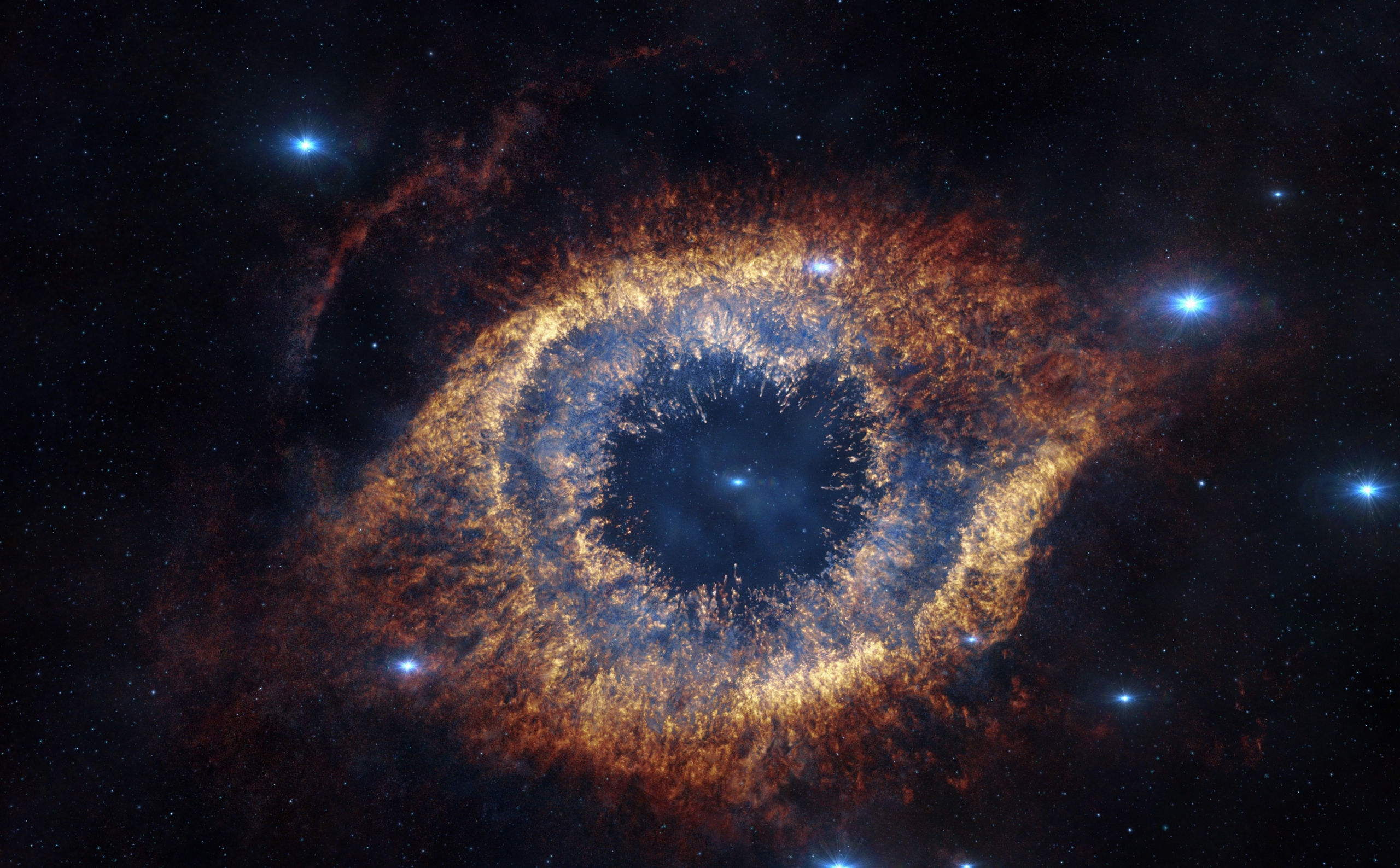
Stoicism was first created by Zeno of Citium as a philosophy standing on three pillars: ethics (ithicós), physics, and logic (logos). Later on, the philosophy’s moral aspect developed in such a way it overcame the other two pillars, although there is still a place for logic and physics within modern Stoicism.
It is important to understand that the ethics pillar is related to human behavior – why we do what we do. It affects the way we face life, deal with others, and accomplish our purpose. Stoic morals is the area this school has become famous for. Stoicism teaches men how to control their emotions and feelings in order to do what is right and, by doing that, living a good life.
Logic, on the other hand, has much to do with the mechanism behind our thought process. It has to do with how, more than any other aspect. Logic is the link between the cause and the consequence, and it is very important in the Stoic concept of God.
However, their idea of God cannot be concluded without the physics aspect, because physics is the part of this philosophy that tries to understand the nature of things – what they really are. We won’t delve too much into the physics aspect for this article, but there are many readings that can offer you a larger understanding of this pillar.
A Stoic’s Idea of God
It is important to understand these three aspects of Stoic philosophy when it comes to their understanding of God as the origin of everything (the Maker). The Stoics’ main belief is that the universe is ruled by a just law. It would make no sense for a law that establishes order in the universe to derive from chaos or void, so this law has to come from an intelligent and just source; that’s their concept of God.
It’s important to note that Stoics do not see God metaphysically. Their vision of God isn’t that of a physical entity; rather, they conceptualise God as a system of order and logic. The reason they don’t believe in God in the traditional sense is because there is no way of conceiving God with the resources humans have. According to Stoics, we are not knowledgeable enough and don’t even have the proper words to define this primary cause of all things. Being named the primary cause of all things is the closest they can come to defining God.
Stoic Reasoning
With that being said, it is crucial to remark on the adaptability of Stoicism. Massimo Pugliucci classifies Stoicism as an ecumenical philosophy, which means it can be adapted to any religion or nomination – even atheism. Stoicism is a way of facing life that presents no conflict with most known religions. It doesn’t even conflict with the idea of atheism, because God is a physics-logic concept. It is not about myths or magic; it is about reality and reasoning.
For example, Stoics love to observe nature and the law that organizes it. If you take an orange seed in your hand without knowing what it would become or how it would happen, then magic could very well explain how an orange could come from that tiny thing you are holding.
However, you know if that seed is put on a bed of earth and then covered and fed with nutrients and water, it will crack through the shell and develop roots that will suck water and other minerals from the earth. It will grow into a stalk and have enough strength to grow leaves that will capture sunlight, and so on until the day you see an orange hanging from a branch.
Do you really believe that orange was just a coincidence? If you plant that seed anywhere, it will follow the same process. The orange might not taste the same due to environmental factors, but you could never get an apple from that same branch.
In that example, you can see how a traditional belief in God focuses on a magic-like explanation, whereas the Stoic perspective focuses on law and reason. Stoics do not hold a traditional belief in a God similar to theistic religions, but instead believe in the just law of the universe.
If you want to dig deeper on this subject then I would suggest you read Seneca’s Letter 65 to Lucilius. In this letter, Seneca talks about a debate he had with his friend about God, where he asked his friend to decide which definition seemed closer to the truth, since the absolute truth would be impossible to acknowledge:
“Hand down your opinion, then, O judge; state who seems to you to say what is truest, and not who says what is absolutely true. For to do that is as far beyond our ken as truth itself.”
Seneca, Letter 65










